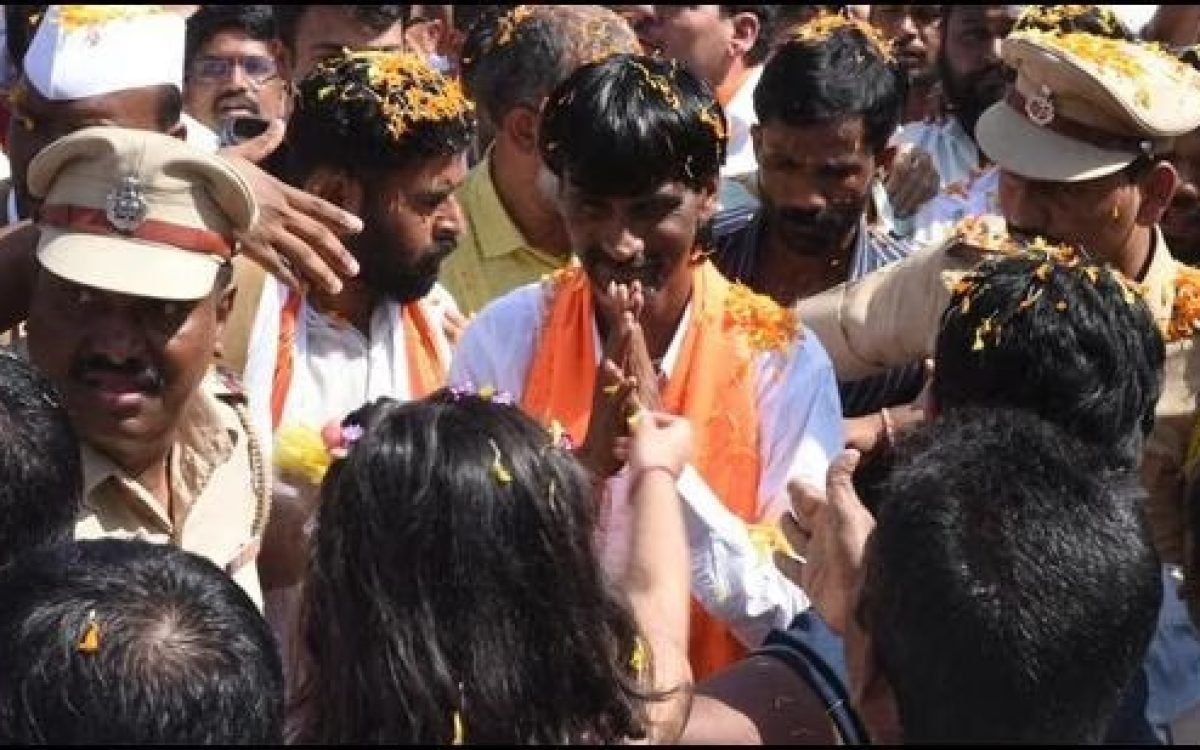The Maratha community’s quest for reservation in Maharashtra has been a contentious issue, marked by legal battles and political maneuvering. The recent demand by Maratha quota activist Manoj Jarange-Patil to increase the reservation limit and include Marathas in the OBC category adds another layer to the ongoing debate.
Jarange-Patil’s call for the central government to intervene and raise the reservation cap to accommodate Marathas reflects the community’s persistent struggle for socio-economic upliftment. The Maratha reservation issue has traversed legislative corridors and courtrooms, highlighting the complexities of addressing historical inequalities while navigating legal frameworks.
The proposed ‘Sage-Soyare’ notification, aimed at extending benefits to Maratha blood relatives through Kunbi certificates, underscores the intricacies of caste dynamics and identity politics within Maharashtra. However, the implementation of such measures requires careful scrutiny to ensure equitable distribution and prevent further marginalization of other communities.
The passage of the Maharashtra State Reservation for Socially and Educationally Backward Classes Act 2024 reflects the state government’s efforts to address the Maratha community’s demands. Yet, the legal hurdles encountered in previous attempts underscore the need for comprehensive and legally robust frameworks to withstand judicial scrutiny.
The escalation of reservation percentages to accommodate Marathas raises questions about the sustainability and fairness of reservation policies. While proponents argue for inclusive measures to rectify historical injustices, critics raise concerns about the dilution of meritocracy and potential backlash from marginalized groups excluded from reservation benefits.
Chief Minister Eknath Shinde’s comparison of Maharashtra’s reservation percentages with other states offers insights into the broader landscape of reservation policies across India. However, the mere existence of high reservation percentages in other states does not absolve Maharashtra’s policy decisions from scrutiny or alleviate concerns regarding implementation and effectiveness.
As Maharashtra grapples with the complexities of reservation politics, it is imperative to foster dialogue, transparency, and accountability in crafting inclusive policies. Balancing the aspirations of diverse communities with constitutional principles of equality and justice remains a formidable challenge that requires nuanced deliberation and collaborative action.
In conclusion, the Maratha quota saga underscores the enduring tensions between social justice imperatives and institutional frameworks. The path forward necessitates a delicate balance between affirmative action measures and merit-based principles to foster inclusive growth and mitigate social disparities in Maharashtra and beyond.









